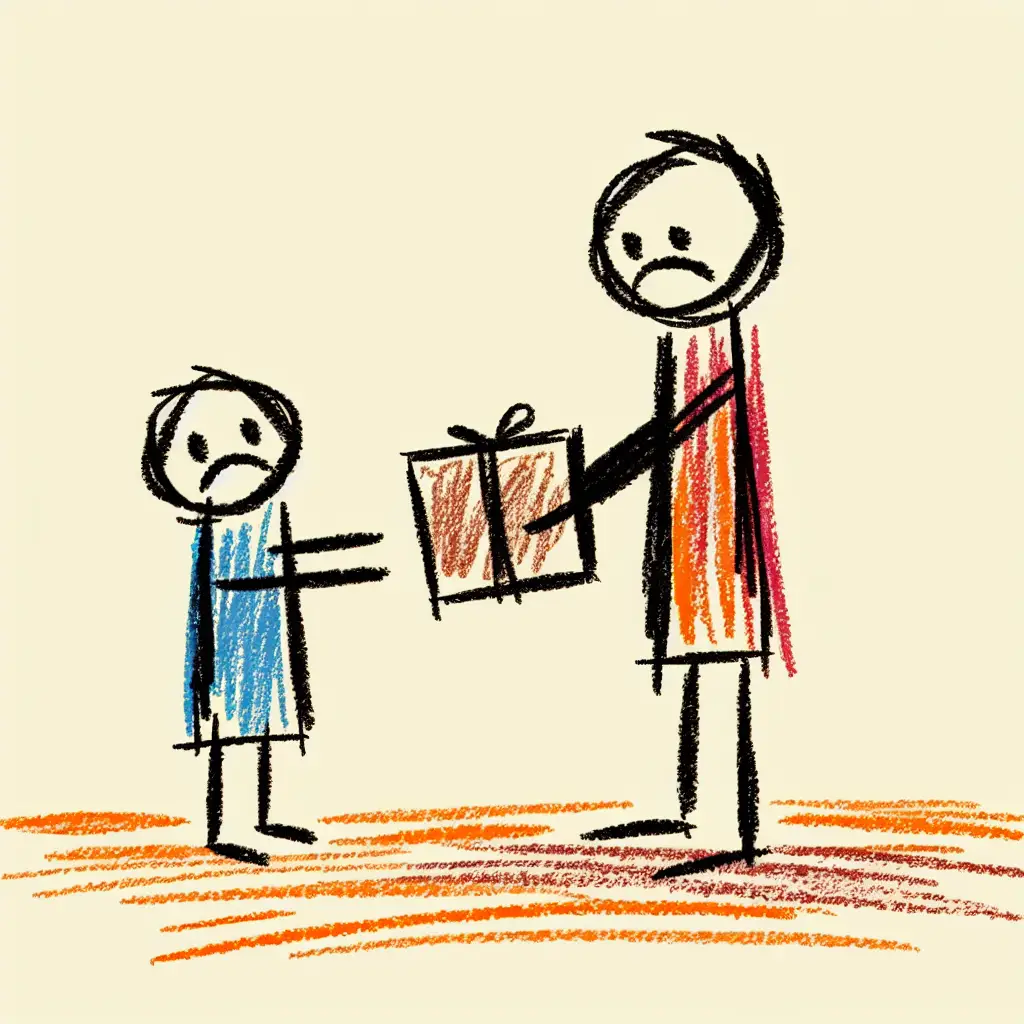Air India crash victims' son says he received wrong remains

Explain Like I'm 5
Imagine you have a box of LEGO bricks, and each brick is special because it helps you remember a fantastic LEGO castle you built with a friend. But one day, you get a box back from someone, and you realize they gave you some bricks that don't belong to your castle. You'd feel pretty confused and sad, right? That's a bit like what happened here. A man whose parents were in a very sad airplane accident got a box back, but it had the wrong pieces from a different puzzle, not the pieces that help him remember his parents. This mistake made him very upset, and he's asking for the right pieces so he can remember his parents properly.
Explain Like I'm 10
In a very tragic airplane crash involving Air India, many families lost their loved ones. After such accidents, it's important for families to receive the remains of their loved ones to say goodbye properly and have closure. However, there was a big mix-up in this sad story. A son who lost his parents in the crash was given remains to bury, but he later found out that they were not his parents' remains. This mix-up has caused him a lot of distress. He has spoken out because he wants to make sure he can properly remember and honor his parents. The Indian foreign ministry responded by saying that they handled all the remains with care and respect, but this situation has obviously caused a lot of confusion and sadness.
Explain Like I'm 15
When the Air India crash tragically occurred, it left many grieving families in a state of sorrow and loss. In events like these, the process of returning the victims' remains to their families is not only sensitive but crucial for emotional closure. However, in this incident, a son received the wrong remains of his parents, which is a significant and distressing error. This mix-up not only complicates the grieving process but also raises questions about the procedures used to identify and handle victims' remains.
The Indian foreign ministry has stated that they treated all remains with dignity, suggesting that they believe their processes were respectful, but this situation indicates possible flaws in their system. Handling remains especially in mass casualty situations requires meticulous attention to detail and often involves complex forensic work. This error could lead to an investigation into how remains are processed and might prompt changes to ensure such a mistake doesn't happen again.
For the families involved, and particularly for the son who spoke up, this is about more than just procedural error—it's about the emotional and symbolic importance of receiving the right remains to properly mourn and honor their loved ones. This incident has likely reopened wounds and could challenge the trust people place in authorities to handle such sensitive situations correctly. What unfolds next could involve both rectifying the immediate error and potentially overhauling how such cases are managed in the future to prevent similar issues.
Want to read the original story?
View Original Source